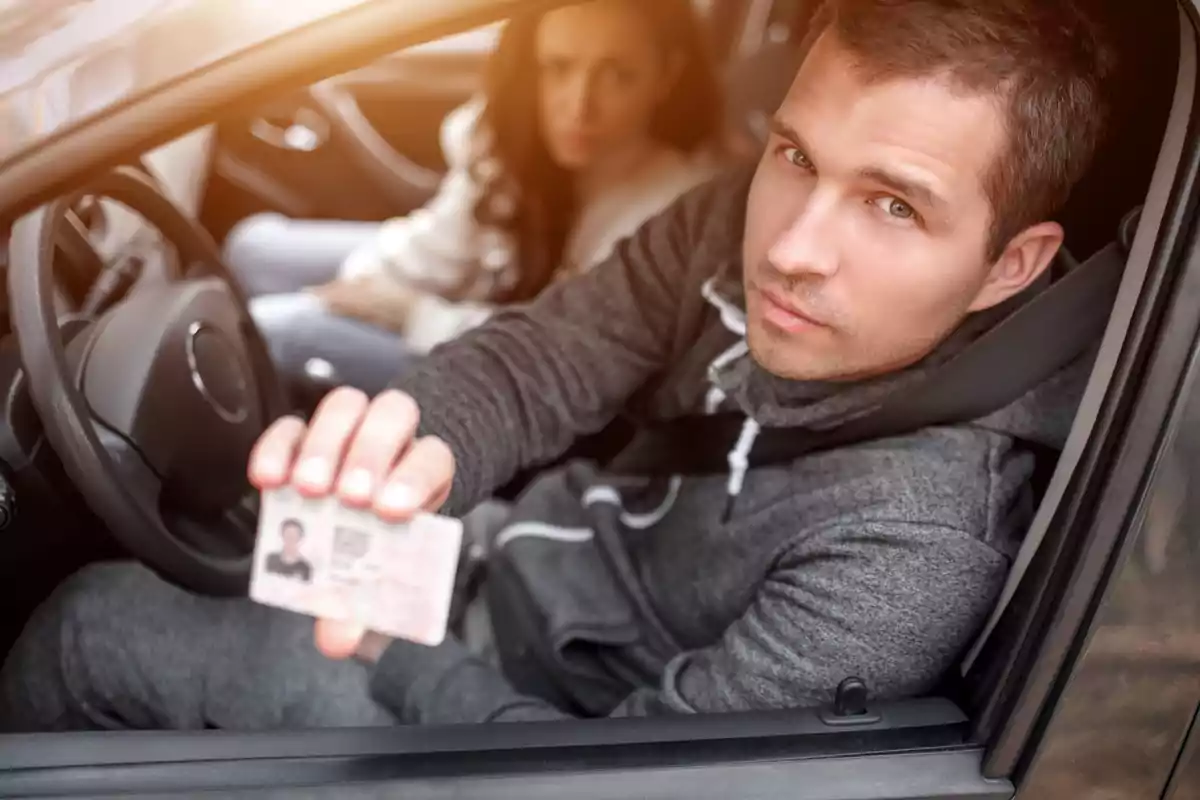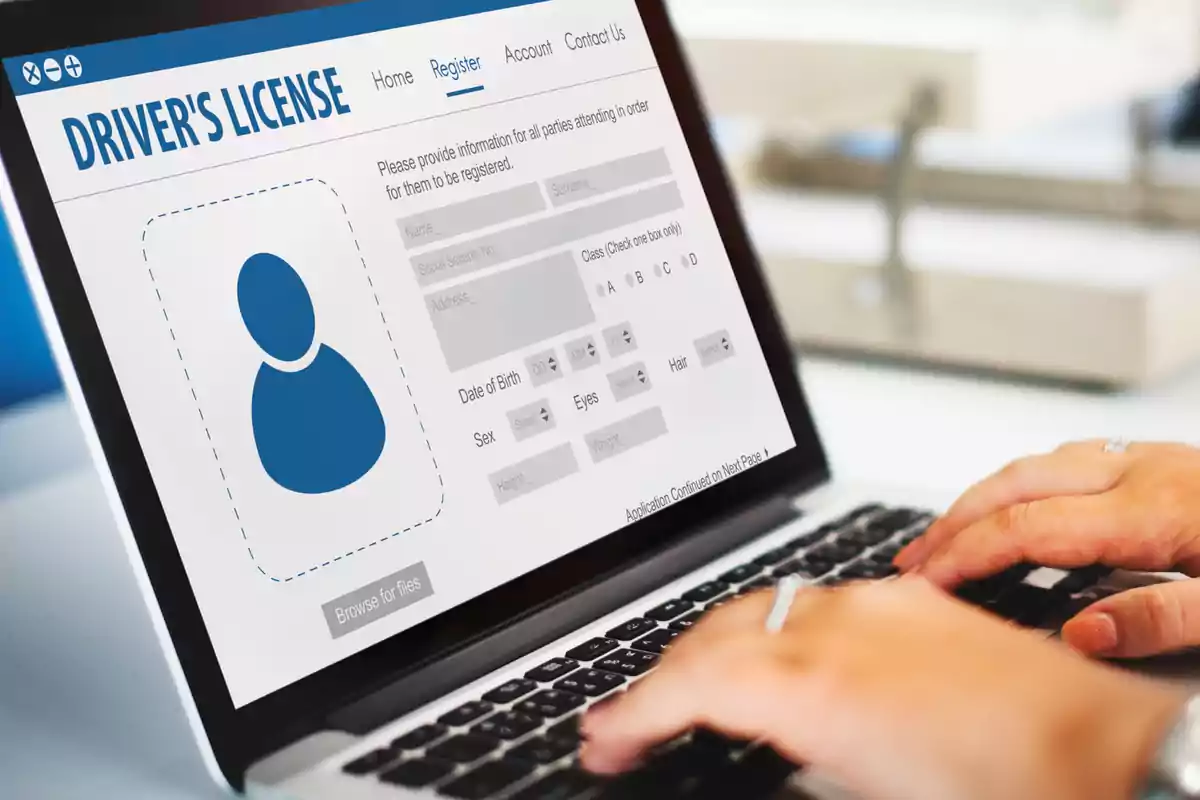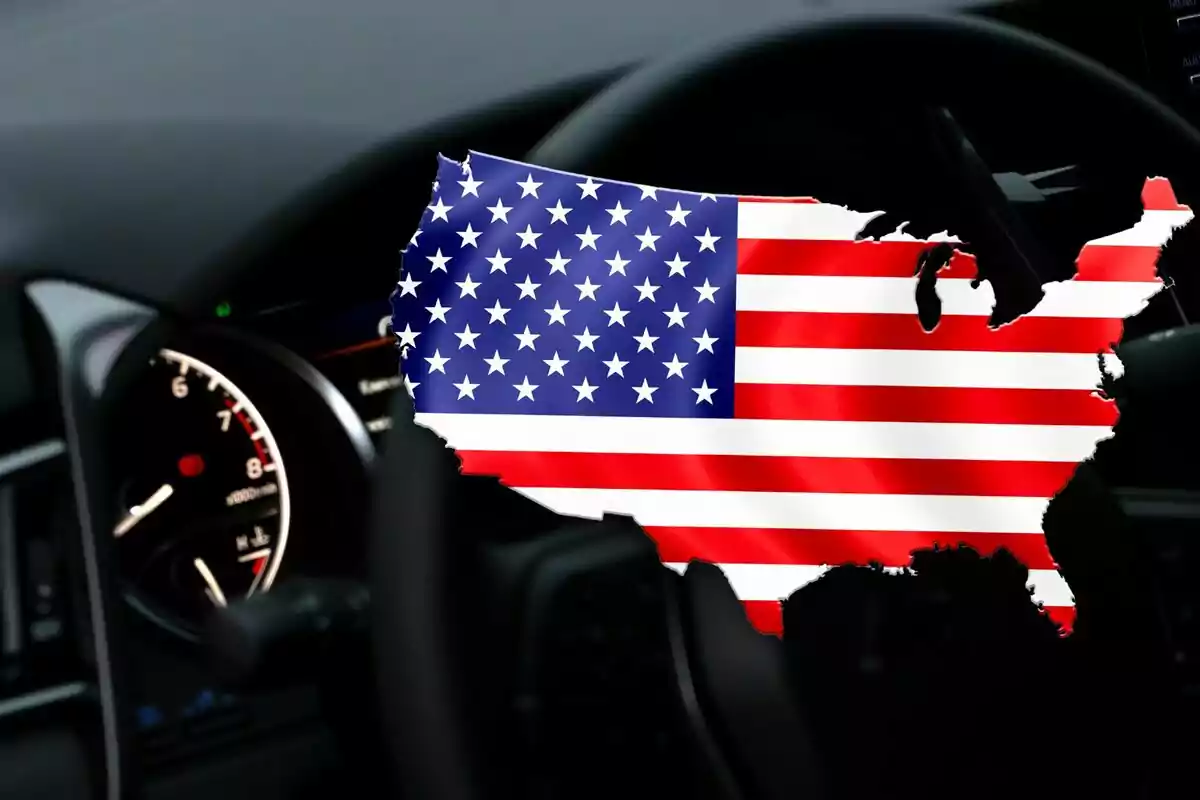If you live in North Carolina, there is news you can't ignore: the state is implementing major changes to driving and road safety laws. Over the past year, several regulations have been updated to increase safety on the roads. Highlights include increased fines, jail sentences, and the installation of speed cameras and radars.
These changes aim to reduce accidents and save lives. Until now, penalties were only financial. However, according to authorities, this wasn't enough to deter drivers from breaking the law. The combination of fines, jail, and surveillance technology promises a more effective approach.
Bill 199: Toward the digital license
Not only are fines and surveillance changing, North Carolina is also moving toward the digitization of driver's licenses. In July 2024, former governor Roy Cooper signed Bill 199. This regulation will allow citizens to carry digital driver's licenses, without the need for a physical card.

For now, the law doesn't have an effective date yet. Authorities are working on the technology and digital platforms needed for it to work safely. Jillian Kossman, chief operating officer of IDScan.net, said: "There's no substitute for the physical identification document."
Digital licenses in other states
North Carolina isn't a pioneer in this; other U.S. states have already taken the step. Among them are Arizona, California, Colorado, Delaware, Georgia, Hawai'i, Iowa, Louisiana, Maryland, Mississippi, Missouri, New York, Ohio, Utah, and Puerto Rico.
In many states, the digital license can be stored in Apple Wallet, making it easier to carry without relying on plastic. However, it's important to remember that some activities still require the physical license. So, although digitization is advancing, the traditional document still plays a relevant role.

What does it mean for drivers?
This change could transform the way citizens identify themselves across the country. The digital license promises more convenience and security, but it also presents challenges. It will be necessary to ensure that the technology is secure and that drivers know how to use it correctly.
North Carolina is taking a step toward the future. Although the official date is still pending, the truth is that driver's licenses could stop being physical soon. If this change works well, other states could quickly follow its example.

